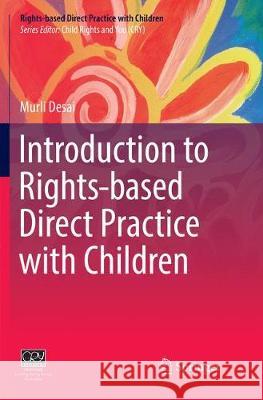Introduction to Rights-Based Direct Practice with Children » książka
topmenu
Introduction to Rights-Based Direct Practice with Children
ISBN-13: 9789811352140 / Angielski / Miękka / 2019 / 361 str.
Kategorie:
Kategorie BISAC:
Wydawca:
Springer
Seria wydawnicza:
Język:
Angielski
ISBN-13:
9789811352140
Rok wydania:
2019
Wydanie:
Softcover Repri
Ilość stron:
361
Waga:
0.63 kg
Wymiary:
23.37 x 25.15 x 1.78
Oprawa:
Miękka
Wolumenów:
01











